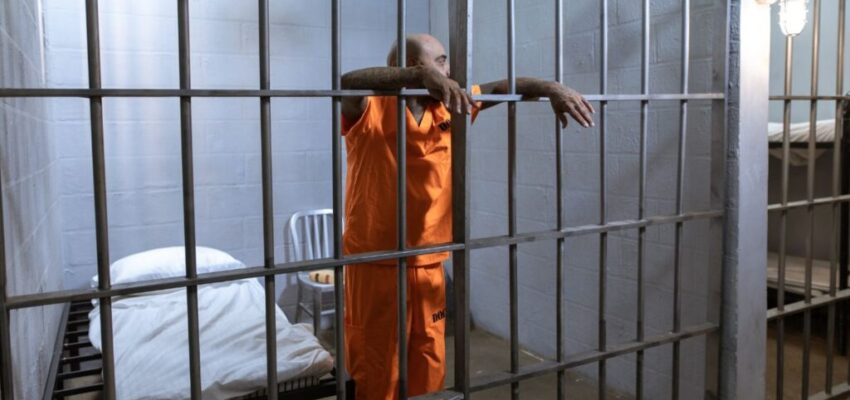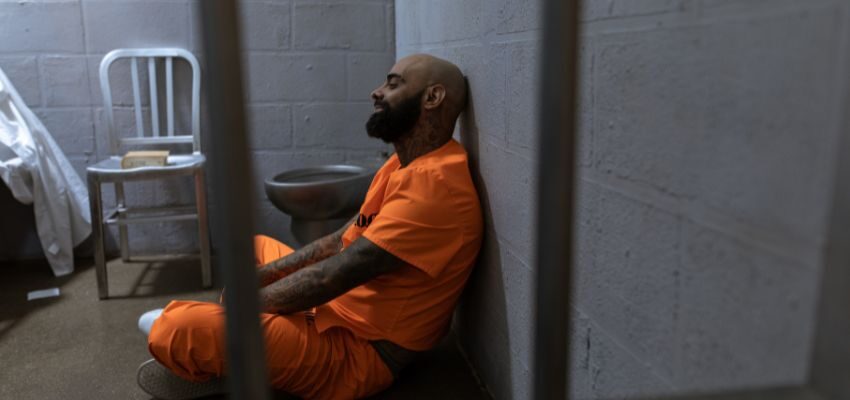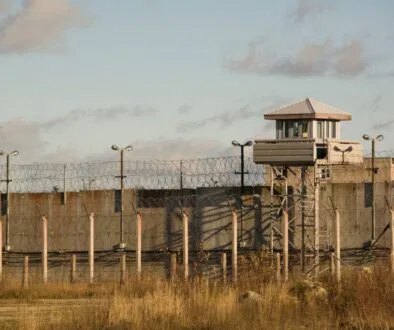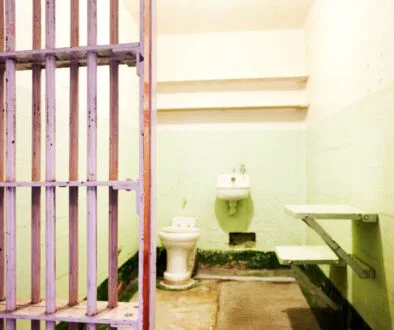Protective Custody In Prison: What Does It Mean?

Published May 29, 2023
We often hear of inmates being held in protective custody when they are under threat. But what exactly is protective custody? How does it work?
If you’re curious about what happens to inmates who are placed under protective custody, you’re in the right place on the web. In this post, we’ll help you understand what protective custody is and what it means for inmates.
What is Protective Custody?
Protective custody (PC) is a type of confinement designed to protect an inmate from threats posed by their fellow inmates or from outside sources. This arrangement stems from the constitutional right of vulnerable inmates to be granted reasonable protection from assault.
As you know, prison can be a dangerous place. So it’s not uncommon for some inmates to become a target of violence. Putting these inmates in protective custody prevents other inmates from rallying around them or against them. That’s why many prison administrators believe that putting vulnerable inmates in protective custody reduces prison violence.
However, being in protective custody also often involves some degree of solitary confinement. So in most cases, protective custody feels more like a punishment rather than a protective measure for vulnerable inmates. It’s no wonder then that this arrangement has attracted criticism from various civic groups.

ADVERTISEMENT
How Does Protective Custody Work in Prison?
Though protective custody is a constitutional right, it’s not automatically granted to inmates.
If an inmate feels unsafe, they can file a request for protective custody. However, they must first prove that they are in grave danger.
When an inmate is placed under protective custody, they are separated from the source of the threat.
If the threat comes from outside sources, the inmate is transferred to another, more secure prison facility. If it’s a fellow inmate, the inmate under threat is usually placed in a cell away from their opponents.
But if it involves a gang, the inmate in question is often separated from the general population to prevent assaults from other gang members. This often means placing them in solitary confinement cells.
When you’re in a solitary confinement cell, it doesn’t matter whether you’re being punished or placed there for your own protection. You have to stay inside that cell for up to 23 hours a day.
Unfortunately, this also means having to forego recreational activities. You also won’t be able to buy from the commissary or get hold of any of your personal items. Prison amenities like TV, the library, and even making outside calls are also prohibited. Basically, any privilege that most inmates enjoy is out of bounds.
Protective custody can last for as long as the threat is still present. Sometimes, it means staying in PC for the rest of your prison sentence.
How to Know if Someone is in Protective Custody
As mentioned, inmates in protective custody are not allowed to make outside calls. They’re not allowed to receive or send jail mail too. So figuring out if an inmate is in protective custody can be tricky.
The easiest way to determine if someone is in protective custody is by calling the facility itself. You can’t call the inmate but you can call the warden or the jail administrator’s office. Most prison facilities have published contact information online. Alternatively, you can use our inmate locator tool to search for prison contact numbers.
If that doesn’t work, you may have to go to the facility yourself.
Reduce Your Jail Call Costs By Up To 90% Per Minute With GlobalTel
GlobalTel’s inmate calling service lowers jail call per minute rates by up to 90% for jail calls from US facilities. Sign up now and use the special jail call phone number we create for you to eliminate the long distance jail call fees. Try GlobalTel for only $45.99 for 90 days. Make US/domestic and international jail calls at the local rate and stay connected to your incarcerated loved ones for less. Learn more about how to sign up for calls from inmates here.

This Content Is Fact Checked
Our esteemed team of specialists has thoroughly validated the accuracy of this information. Discover further details about the rigorous editorial guidelines for our website here.
ADVERTISEMENT

About The Author
Judy Ponio is a professional writer for the GlobalTel blog. She works hard to ensure her work contains accurate facts by cross checking reputable sources and doesn’t settle for less. Her passion for telling stories about true crime and criminal justice has allowed her to create hundreds of articles that have benefited millions of people.




